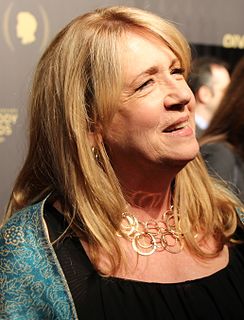A Quote by Debbie Allen
As one who loves literature, art, music and history, I've been deeply rooted in the Harlem Renaissance for many years.
Quote Topics
Related Quotes
We didn't sit around the dining table talking about Madam Walker, but the silverware that we used every day had her monogram on it and our china for special occasions had been Madam Walker's china... and the baby grand piano on which I learned to read music had been in A'Lelia Walker's apartment in Harlem during the Harlem Renaissance.
I am particularly conscious of my connection to the poets of the Harlem Renaissance because I, too, am a Black poet, born into, and shaped by, the very community in which those poets of the past produced so much of the work we associate with the Harlem Renaissance. We speak from the same place, both literally and metaphorically.
The 20th century saw far greater catastrophes than September 11th, as bad as it was, and they didn't render literature or art or music irrelevant. In fact, I think that literature and art help us to understand - sometimes they provide narratives and metaphors for understanding history, for understanding recent catastrophes.
I spent many years in college studying English literature. I was on the verge of attending grad school to get a Ph.D. in Renaissance poetry - my lost careers were being a writer, artist, or academic. Do I regret spending all that time poring over Shakespeare when I could have been getting a jump start on the competition? Not at all.
No one spoke in terms of children's literature, as opposed to adult literature, until around the 1940s. It wasn't categorised much before then. Even Grimm's tales were written for adults. But it is true that ever since 'Harry Potter' there has been a renaissance in fantasy literature. J. K. Rowling opened the door again.




































